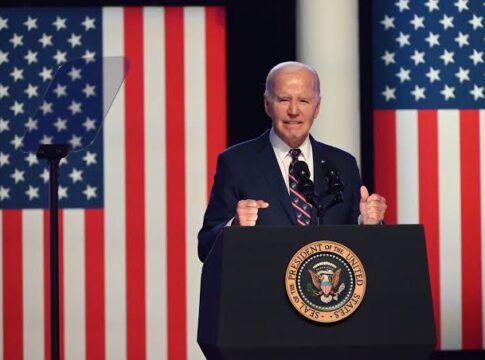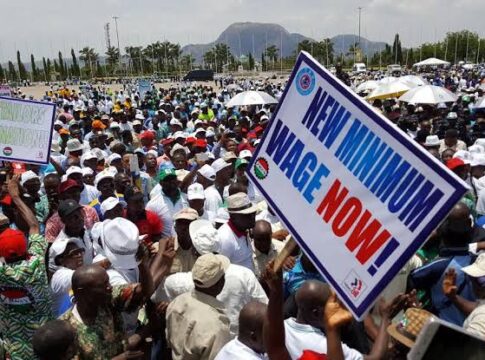President Joe Biden’s visit to Africa this week aims to solidify U.S. influence in the region while showcasing the Lobito Corridor railway project. This ambitious U.S.-backed initiative connects Zambia, the Democratic Republic of Congo (DRC), and Angola, offering a strategic route for exporting critical minerals essential to the green economy. Analysts view the project as a counterweight to China’s dominance in Africa’s resource-rich markets.
Economic policy consultant E.D. Wala Chabala emphasized the stakes for global leadership, stating, “If the U.S. leads the green economy, it secures its global economic position. If not, China could surpass it.” The Lobito Corridor’s potential to streamline access to Congo and Zambia’s vast mineral resources is seen as pivotal for advancing global sustainability efforts.
Biden’s three-day Angola visit marks a significant step in delivering on his 2022 pledge to deepen U.S.-Africa ties. However, the trip’s delay, originally due to Hurricane Milton, has fueled perceptions that Africa ranks low on U.S. priorities. Nevertheless, optimism persists, as the Lobito Corridor is viewed as a cornerstone project that could endure political transitions, including Donald Trump’s potential return to power.
READ MORE: Obasanjo Debunks Death Hoax on Social Media, Lauds Adeleke’s Development Drive
Analysts highlight the corridor’s strategic importance for Western powers. “Without access to Congo and Zambia’s critical minerals, the U.S. and EU risk falling behind in the green economy,” Chabala added. Biden’s push for the project reflects an urgent bid to counter China’s growing foothold, particularly in Africa’s vital mineral sectors.
The Lobito Corridor, spanning over 1,300 kilometers, could transform regional trade and position the U.S. as a reliable partner for African economic growth. Biden’s visit symbolizes a broader commitment to fostering sustainable development, aligning with global green initiatives and countering China’s resource-driven influence on the continent.




